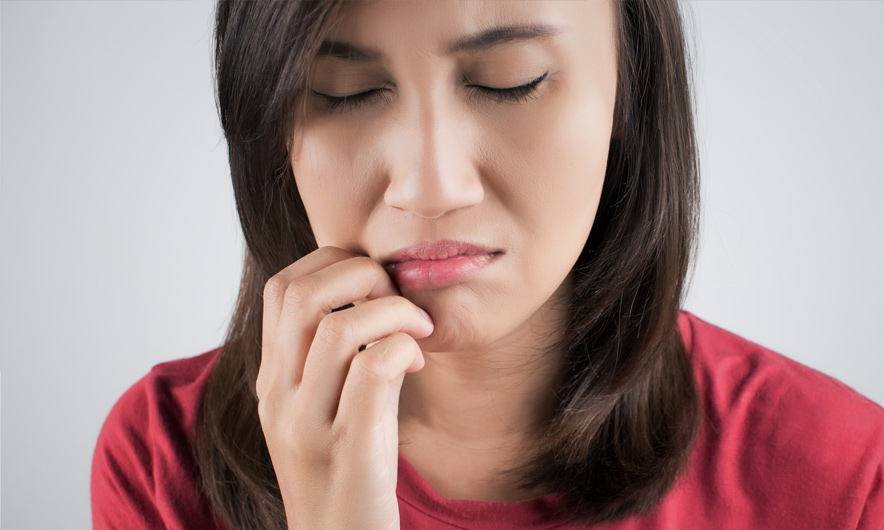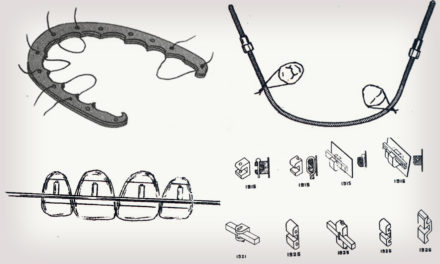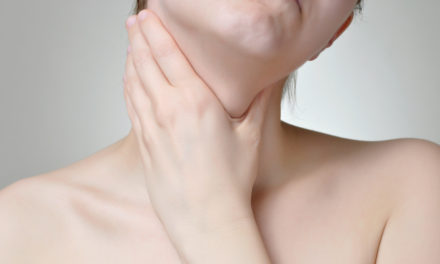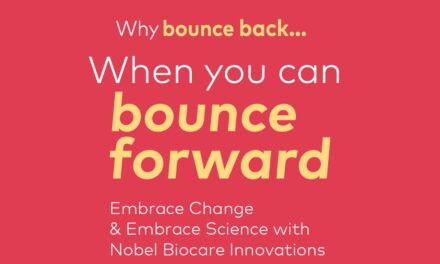Key points for Burning Mouth Syndrome
- Burning Mouth Syndrome (BMS) is burning pain in the mouth that may occur every day for months or longer.
- Doctors and dentists do not have a specific test for BMS, which makes it hard to diagnose.
- No specific treatment works for all people. However, your doctor can prescribe medicine to help you manage mouth pain, dry mouth, or other symptoms.
Symptoms
The main symptom of Burning Mouth Syndrome (BMS) is pain in the mouth that is burning, scalding, or tingling. Or, the pain may be a feeling of numbness. Other symptoms include dry mouth or altered taste in the mouth.
BMS is a painful condition. Usually, the tongue is affected, but the pain may also be in the lips or roof of the mouth, or throughout the mouth.
BMS pain can last for months or years. Some people feel constant pain every day. For others, pain increases throughout the day. For many people, the pain is reduced when eating or drinking.
Diagnosis
BMS is hard to diagnose. One reason is that people with BMS often don’t have a mouth problem that the doctor or dentist can see during an exam. Your dentist or doctor may refer you to a specialist. Specialists who diagnose BMS include dentists who specialize in oral medicine or oral surgery. Other specialists include doctors who are ear, nose, and throat specialists; gastroenterologists; or dermatologists.
The dentist or doctor will review your medical history and examine your mouth. A lot of tests may be needed. Tests may include:
- Blood tests to check for certain medical problems
- Oral swab tests
- Allergy tests
- Salivary flow test
- Biopsy of tissue
- Imaging tests
Primary and secondary Burning Mouth Syndrome
Primary Burning Mouth Syndrome: If tests do not reveal an underlying medical problem, the diagnosis is primary Burning Mouth Syndrome. Experts believe that primary BMS is caused by damage to the nerves that control pain and taste.
Secondary Burning Mouth Syndrome: Certain medical conditions can cause Burning Mouth Syndrome. Treating the medical problem will cure the secondary Burning Mouth Syndrome. Common causes of secondary BMS include:
- Hormonal changes (such as from diabetes or thyroid problem)
- Allergies to dental products, dental materials (usually metals), or foods
- Dry mouth, which can be caused by certain disorders (such as Sjögren’s syndrome) and treatments (such as certain drugs and radiation therapy)
- Certain medicines, such as those that reduce blood pressure
- Nutritional deficiencies (such as a low level of vitamin B or iron)
- Infection in the mouth, such as a yeast infection
- Acid reflux
Treatment
Your doctor will help you get relief. Medicine can help control pain and relieve dry mouth.
Because BMS is a complex pain disorder, the treatment that works for one person may not work for another.
Symptoms of secondary BMS go away when the underlying medical condition, such as diabetes or yeast infection, is treated. If a drug is causing secondary Burning Mouth Syndrome, then your doctor may switch you to a new medicine.
Helpful tips
To help ease the pain of Burning Mouth Syndrome, sip a cold beverage, suck on ice chips, or chew sugarless gum. Avoid irritating substances, such as:
- Tobacco
- Hot, spicy foods
- Alcoholic beverages
- Mouthwashes that contain alcohol
- Products high in acid, such as citrus fruits and juices
Reproduced February 2017 from NIH Publication No. 16-6288 July 2016








